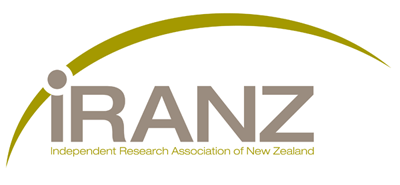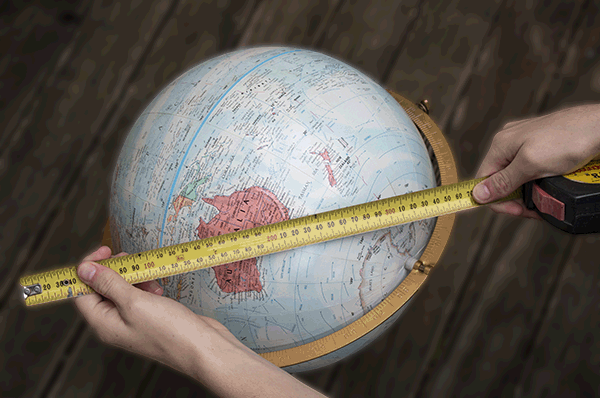Motu: Measuring human rights around the globe
Disabled, prisoners, and Māori vulnerable to human rights abuses in NZ
Measuring human rights around the globe. Photo by Louise Thomas.
While New Zealand has some positive scores for human rights, according to the Human Rights Measurement Initiative (HRMI), an international not-for-profit venture run out of Motu Research, we also have some strikingly poor results, particularly in terms of who is most at risk of rights abuses.
The HRMI has recently released data on the global human rights situation. The 2019 HRMI Human Rights Country Reports, with measurements tracking the progress of over 170 countries on at least some rights, includes 19 countries with extensive sets of civil and political rights data.
Looking at Aotearoa, the 2019 Country Report contains many positive scores for New Zealand, but human rights experts identified prisoners and Māori as being particularly at risk of violations of the right to participate in government, because many people serving prison sentences are barred from voting in elections. Having suffered the effects of colonisation and oppression for centuries, Māori are still in the position of suffering widespread human rights abuses. Māori were identified by experts surveyed as being particularly vulnerable to abuses of nearly every one of the rights HRMI measures.
New Zealand is a signatory of the International Covenant on Economic, Social, and Cultural Rights, which includes a commitment to ensuring access to adequate housing. The right to housing score of 76.7% shows that New Zealand is only achieving 76.7% of what should be feasible given its income level, a score which falls in the bottom third of high-income countries.
Experts pointed to the affordability of adequate housing as a significant factor in these rights violations, with people with low social or economic status being particularly likely not to enjoy the right to adequate housing.
The human rights experts also identified disabled people as being at particular risk of violations of most of the rights measured, especially:
- the right to freedom from torture;
- the right to education;
- the right to housing;
- the right to health;
- the right to have a job; and
- the right to just and favourable working conditions.
While New Zealand’s Safety from the State score was one of the highest in the sample of 19 countries where data was collected, its score of 7.7 out of 10 for the right to freedom from torture is concerning. Māori, disabled people, and detainees (such as prisoners) were particularly affected.
HRMI fourth international co-design workshop
In 2017, HRMI included 13 countries in its ground-breaking civil and political rights data collection; for the 2018-2019 data collection it expanded to 19 countries. In the next round HRMI will expand to all the countries and territories of the South Pacific, taking its total to close to 40. To kick off this work, HRMI will host their fourth international co-design workshop, in Auckland on 19-21 August 2019, with around 40 people from Pacific nations and territories to help shape the expansion of HRMI’s data collection. Those who work in human rights (researchers, journalists, lawyers, civil society, etc.) in the Pacific region are welcome to attend. Click here for more information.
Date posted: 14 June 2019

